One good list deserves another, so here are the ten American plays I most wish I’d written. The second “play” is actually an evening-long bill of one-act plays by the same author, but it’s my list, so I decided to count it as a single work.
As with my previous list of American novels, the word best was nowhere in my mind when I drew up this roster. Since I’ve lately become a playwright myself, I suppose you could say that I have more of a stake in this list than its predecessor, but the standards for inclusion are identical: these are the ten American plays that mean the most to me personally. I love them and identify with them, and though I will never live long enough to write anything remotely as good, they collectively define the kind of play I’d like to be able to write:
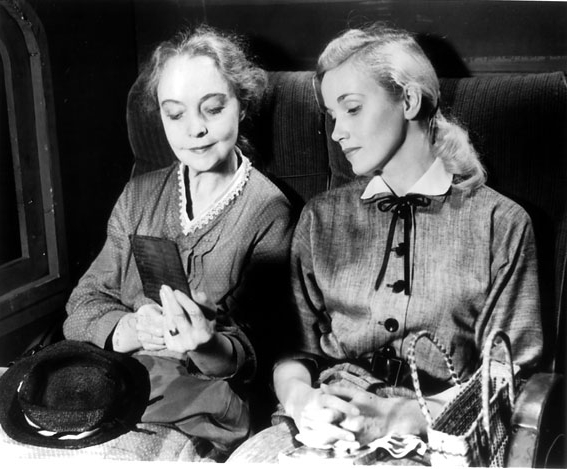 • Horton Foote, The Trip to Bountiful
• Horton Foote, The Trip to Bountiful
• William Inge, Come Back, Little Sheba
• David Ives, All in the Timing
• Warren Leight, Side Man
• Kenneth Lonergan, The Starry Messenger
• David Mamet, American Buffalo
• Lynn Nottage, Crumbs from the Table of Joy
• Thornton Wilder, Our Town
• Tennessee Williams, The Glass Menagerie
• August Wilson, Fences

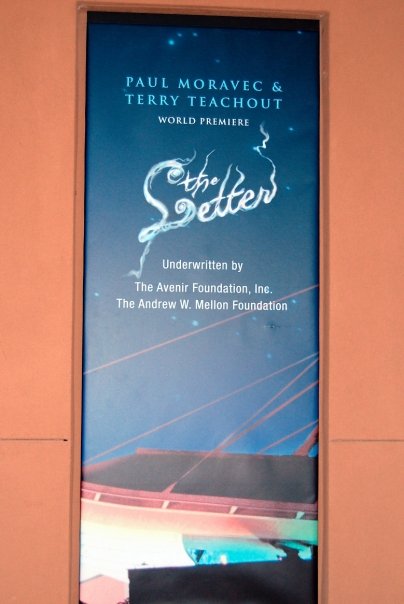 This doubtless has much to do with the nature of my work, and it may also have something to do with the fact that I don’t write fiction. On the other hand, I’ve written three plays and two opera libretti in the past two years, a development without precedent in my writing life and one that puzzles me greatly. I simply don’t understand how or why I have suddenly found within myself the desire and ability to write for the stage. As I recently told a friend, it feels as though I’ve grown another arm.
This doubtless has much to do with the nature of my work, and it may also have something to do with the fact that I don’t write fiction. On the other hand, I’ve written three plays and two opera libretti in the past two years, a development without precedent in my writing life and one that puzzles me greatly. I simply don’t understand how or why I have suddenly found within myself the desire and ability to write for the stage. As I recently told a friend, it feels as though I’ve grown another arm.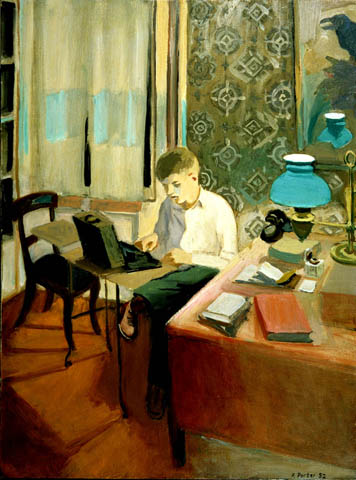 It is also inescapably true that there are only so many hours in a lifetime, and at fifty-six, I’m intensely aware of wanting to use the ones that I have left to me as well as possible. I long to spend less time spinning my wheels and more time “making everything more beautiful.”
It is also inescapably true that there are only so many hours in a lifetime, and at fifty-six, I’m intensely aware of wanting to use the ones that I have left to me as well as possible. I long to spend less time spinning my wheels and more time “making everything more beautiful.”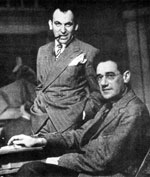 If you’re a theater buff with a serious interest in American comedy, “Once in a Lifetime” probably ranks high on the list of little-known shows you’d love to see onstage. Otherwise, I doubt you’ve heard of it. A farce about the coming of talking pictures to Hollywood, “Once in a Lifetime” was the first collaboration between George S. Kaufman and Moss Hart, who went on to write “The Man Who Came to Dinner” and “You Can’t Take It With You.” It opened on Broadway in 1930 and ran for 406 performances, which was big business back then. Two years later, it was turned into a middling movie, then vanished from sight (the 1979 Broadway revival was a flop). Today the play is known solely because Mr. Hart wrote about how it came to Broadway in “Act One,” his 1959 autobiography.
If you’re a theater buff with a serious interest in American comedy, “Once in a Lifetime” probably ranks high on the list of little-known shows you’d love to see onstage. Otherwise, I doubt you’ve heard of it. A farce about the coming of talking pictures to Hollywood, “Once in a Lifetime” was the first collaboration between George S. Kaufman and Moss Hart, who went on to write “The Man Who Came to Dinner” and “You Can’t Take It With You.” It opened on Broadway in 1930 and ran for 406 performances, which was big business back then. Two years later, it was turned into a middling movie, then vanished from sight (the 1979 Broadway revival was a flop). Today the play is known solely because Mr. Hart wrote about how it came to Broadway in “Act One,” his 1959 autobiography.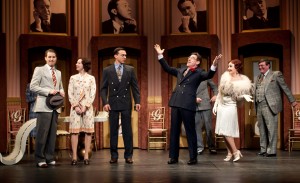 “Once in a Lifetime” is the story of George, Jerry and May (Jason Bradley, Andrew Carter and Hillary Clemens), a trio of small-time vaudeville hoofers who see the premiere of “The Jazz Singer” in New York and decide to go to Hollywood, pass themselves off as authorities on elocution and make their fortune by teaching silent-movie actors how to talk….
“Once in a Lifetime” is the story of George, Jerry and May (Jason Bradley, Andrew Carter and Hillary Clemens), a trio of small-time vaudeville hoofers who see the premiere of “The Jazz Singer” in New York and decide to go to Hollywood, pass themselves off as authorities on elocution and make their fortune by teaching silent-movie actors how to talk….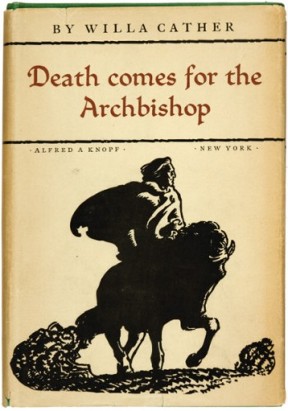 • Willa Cather, Death Comes for the Archbishop
• Willa Cather, Death Comes for the Archbishop